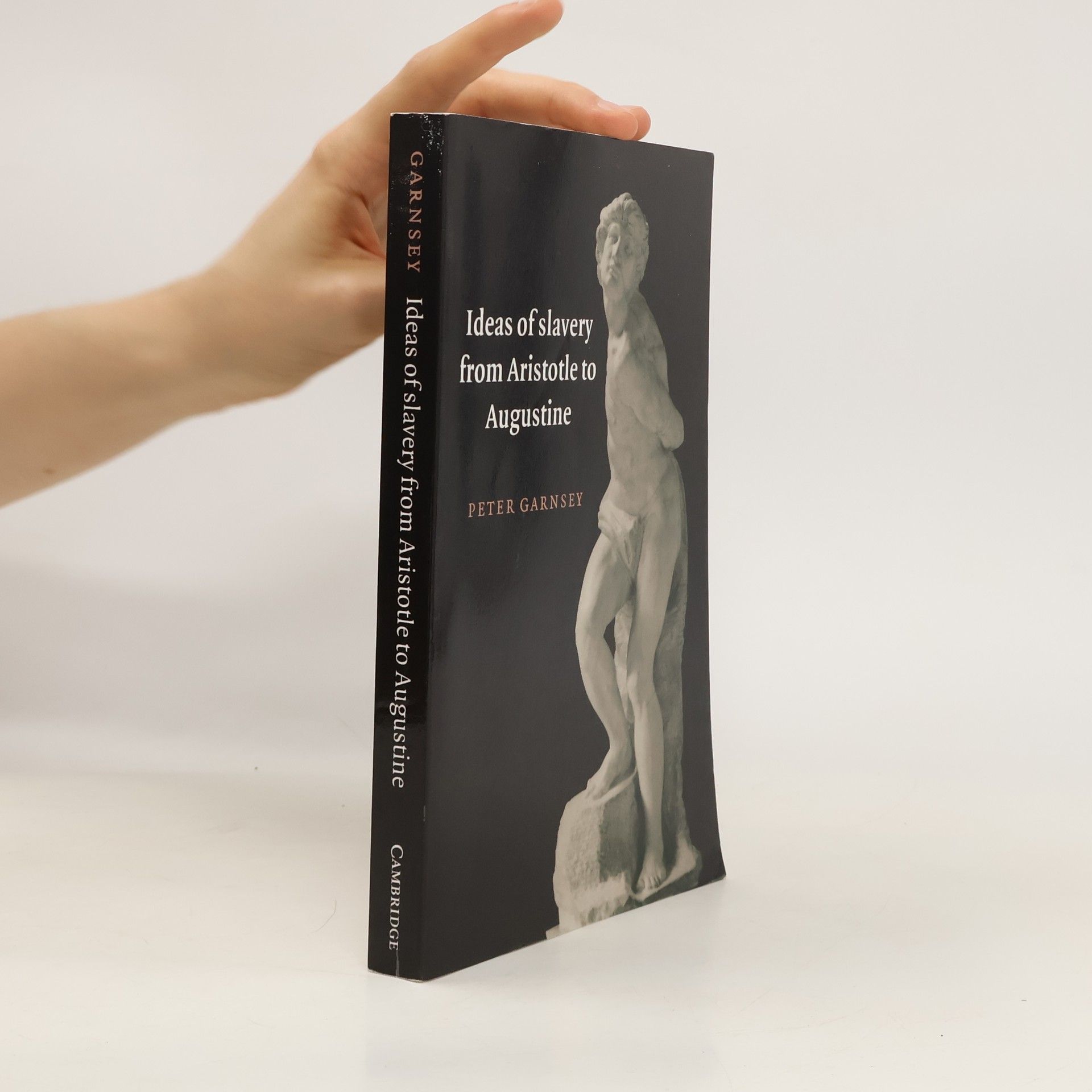A unique and comprehensive account of attitudes to slavery in ancient Greece and Rome.
Peter Garnsey Knihy
22. október 1938
Peter Garnsey je emeritným profesorom histórie klasickej antiky. Jeho výskumné záujmy sa zameriavajú na politickú teóriu, intelektuálne dejiny, sociálne a ekonomické dejiny, potraviny, hlad a výživu a fyzickú antropológiu. Skúma hlbšie pochopenie týchto historických aspektov.
